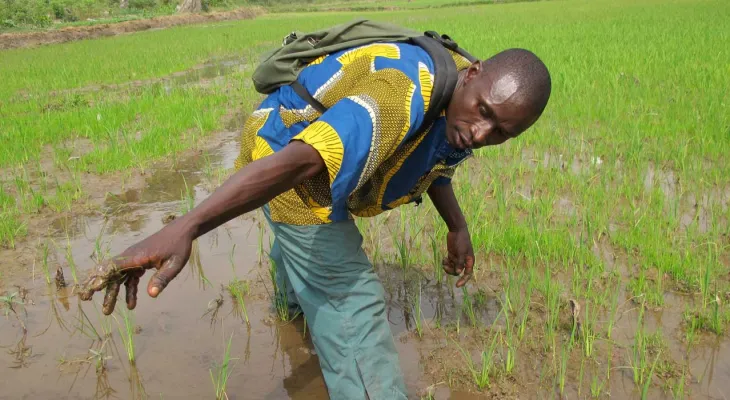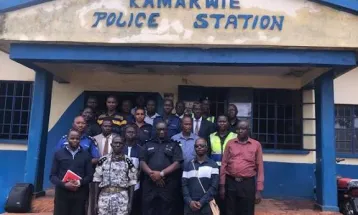
Sierra Leone's Agricultural Sector Receives Boost with Low-Interest Loans
In a significant move to bolster Sierra Leone's agricultural sector, Henry Musa Kpaka, the Minister of Agriculture, announced the availability of low-interest loans for local farmers. This initiative aligns with President Bio’s Feed Salone flagship project, aimed at enhancing food security and agricultural productivity in the country.
The announcement was made during a press conference organized by the Ministry of Information and Civic Education. Minister Kpaka detailed the financial support secured for the project, which includes $10 million USD, €7.5 million from the European Union, and an additional $7 million USD from the World Bank. These funds are designated as credit facilities for the private sector and smallholder farmers, particularly those engaged in rice, cassava, and poultry farming.
Minister Kpaka highlighted the interest rate for these loans, set at a favorable 10 percent. He encouraged eligible farmers to apply for these loans through commercial banks, emphasizing the opportunity for significant growth and development in their farming operations.
The Feed Salone initiative has been successful in attracting foreign investment, underscoring the need for continuous improvement within the agricultural sector. A critical early step in the project was securing a commitment from Sierra Leonean commercial banks to provide $10 million USD in credit facilities. These funds are specifically targeted at farmers involved in the production of rice, cassava, onions, and poultry, which are deemed essential for the success of the Feed Salone project.
This financial support is seen as a strategic move to enhance the value chains of these critical crops and livestock, thereby ensuring the sustainability and success of the agricultural initiatives under President Bio's administration.
By offering these low-interest loans, the government aims to empower farmers, increase agricultural output, and contribute to the nation’s overall economic growth. The focus on rice, cassava, and poultry farming is expected to address both local consumption needs and potential export opportunities, aligning with broader economic and food security goals.




















